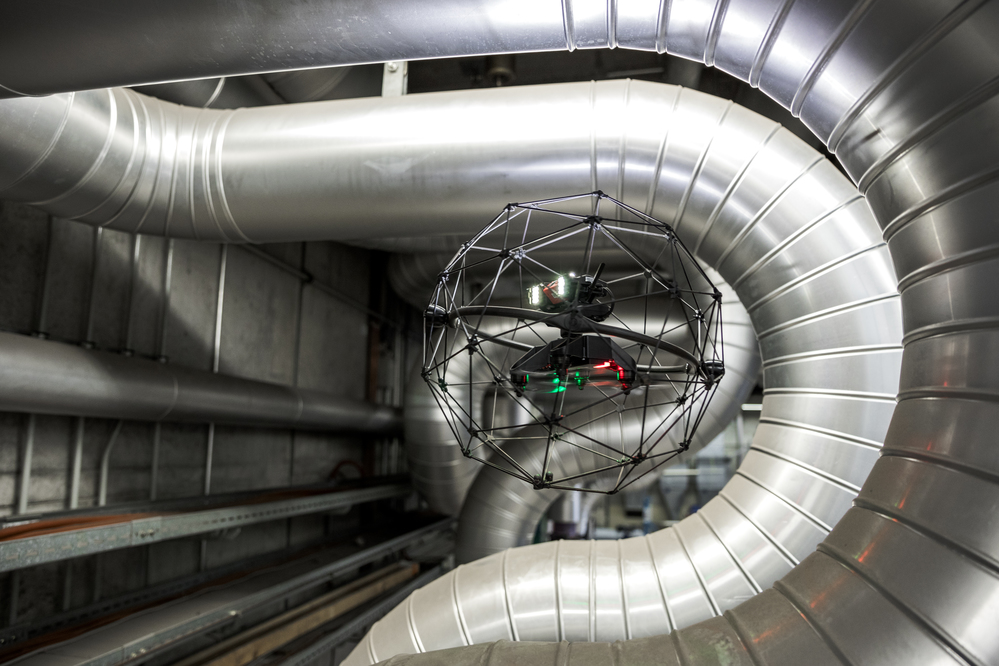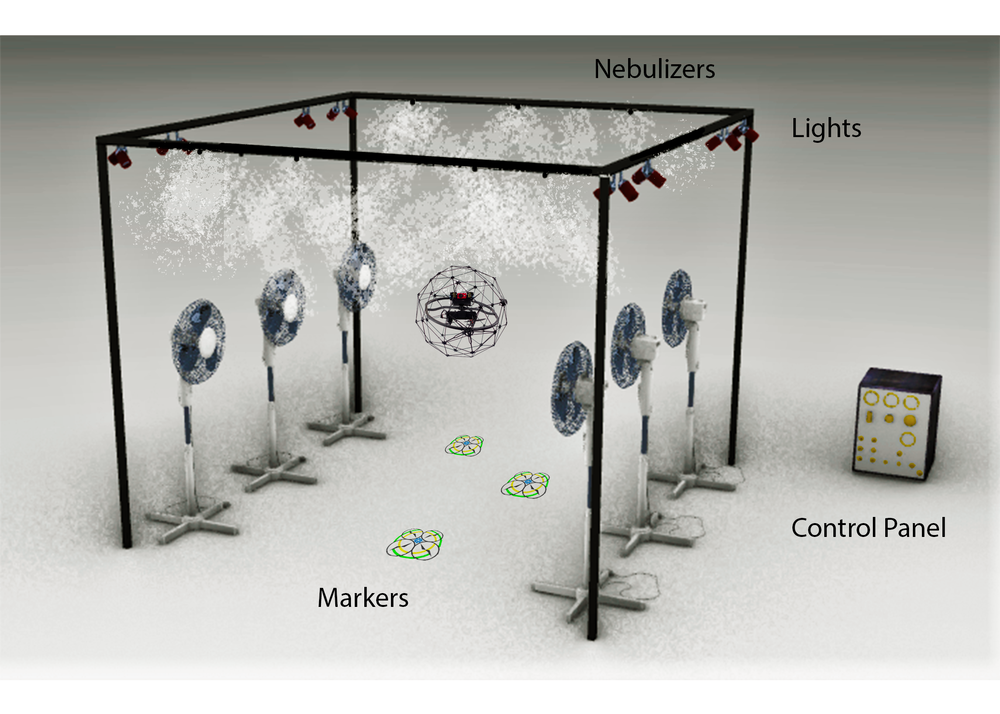Case study
ROBINS Project
ROBotics technology for INspection of Ships, aimed at filling technology and regulatory gaps that today still represent a barrier to the adoption of robotics systems in ship inspections
ROBINS (ROBotics technology for INspection of Ships) is a collaborative project co-funded by the European Commission within the Horizon 2020 EU Research and Innovation programme. The project aims at filling the technology and regulatory gaps that today still represent a barrier to the adoption of Robotics and Autonomous Systems (RAS) in activities related to inspection of ships.
The main idea of the ROBINS project is that an assessment of compliance of RAS platforms to requirements, regardless to the underlying technology adopted, can be achieved by means of the design, implementation and execution of a set of tests, carried out in a dedicated, specifically designed testing facility. To this purpose, test procedures, evaluation criteria, metrics and benchmarks are developed in the framework of the project.

The possibility to test drones in a controlled and easily accessible environment, where repeatable test protocols can be implemented, considerably increases the development opportunity for new platforms, significantly reducing the costs related to the assessment of their capabilities and to certification activities, if required.
The desired degrees of reliability, coverage and effectiveness of testing protocols implemented in the testing facility, which are essential factors in the process of development and assessment of RAS platforms, are achieved by means of field trials campaigns, comparing the results obtained in the testing facility with those obtained in equivalent trials on-board.
Possible differences between the two, or other unexpected behaviors of drones detected during field trials, are used as a feedback to revise the test protocols and the testing facility itself, thus creating an iterative refining process that converges to a status where field trials can be reliably replaced by equivalent tests in the testing facility, or significantly reduced.

The possibility to replace, or at least reduce, field trials on-board by means of equivalent test protocols carried out in the testing facility, is one of the key concepts in ROBINS. This comes from the consideration that field trials onboard ships are generally very difficult to be arranged, can be quite expensive and usually cannot be executed in controlled and reproducible testing conditions: these are severe limitations for the development of RAS platforms for ship inspection.
The testing facility is expected to reduce obstacles and costs for the development of new technologies and functionalities, increasing the opportunities to extend the range of application to new operational scenarios and to disclose new potential markets to robotics industry. The testing protocols and layouts developed in the ROBINS project can also be the basis for a proposal of international standards, recognized and accepted by stakeholders and authorities. Stable standards are a precondition to stimulate the European robotics industry and unleash the economic potential of new markets.
The ROBINS testing facility will be set up at the University of Genoa.
This project has received funding from the European Union’s Horizon 2020 research and innovation programme under grant agreement No 779776
